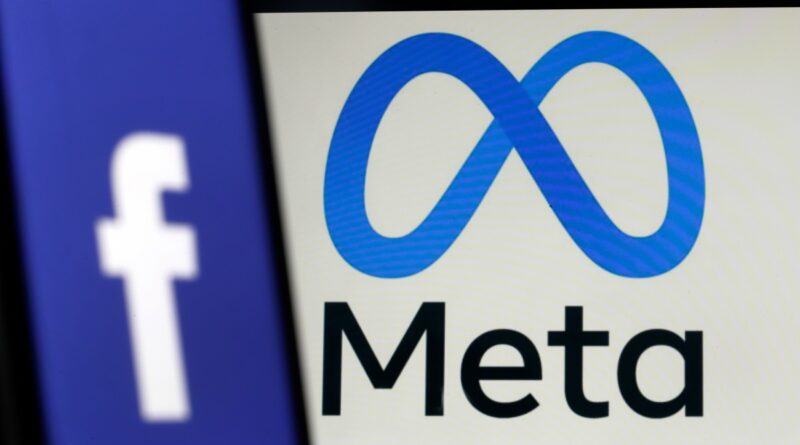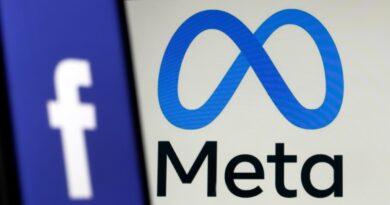Meta’s ad business slapped with interim measures in France over suspected antitrust abuse
More regulatory woes for Meta: France’s competition watchdog has announced interim measures on the adtech giant — saying it suspects it of abusing a dominant position in the French market for ads on social media and across the broader (non-search-related) online ads market.
It’s ordering Meta to suspend application of the current criteria it imposes for granting ad verification partnerships; and giving it two months to define and publish new rules for accessing and maintaining viewability and brand safety partnerships which the Authority specifies must be “objective, transparent, non-discriminatory and proportionate”.
Meta must also have a transparent access procedure for the partnerships that is not based on an invitation it sends, the order also stipulates.
The antitrust intervention follows a complaint by Adloox, a French ad verification platform that sells anti-ad-fraud and brand safety services. It complained to the Autorité de la Concurrence about Meta’s conduct between 2016 and 2022, accusing the company of denying it the same kind of access to its ecosystem that some of its competitors have been granted, harming its ability to provide its services.
Adloox claims Meta discriminatorily denied it access to the aforementioned viewability and brand safety partnerships — despite providing such access to other companies in similar circumstances.
It also accuses Meta of abusing a dominant position by imposing unfair access conditions by providing only partial access to its ecosystem. And its complaint asked the Autorité to impose interim measures intended to force Meta to provide the sought for access.
The French regulator, which has taken a preliminary view that Meta’s practices are likely to break competition rules, notes in a press release that Adloox’s last request to Meta, in August 2022, went unanswered.
“The Authority considers that Meta’s practices are likely to constitute an abuse of a dominant position,” the regulator writes in a statement [translated from French using machine translation]. “In light of the investigation, the Authority considered that Meta is likely to hold a dominant position on the French market for online advertising on social media as well as on the broader market for online advertising not linked to search. Given the importance of the advertising investments made on Meta’s platform, Meta is perceived as a key partner for independent auditors.”
Practices by Meta that the regulator is calling out as likely to constitute an abuse of a dominant position are 1): The lack of defined and transparent objective, non-discriminatory and proportionate criteria for accessing and maintaining viewability and brand safety partnerships — with the Autorité saying the company integrated its current partners “following an opaque procedure initiated by Meta alone”. And while it notes Meta informed it of new eligibility criteria for the partnerships at the start of this year it points out these are still not public, nor do they appear to pass muster in other aspects, with the regulator pointing out they are still intended to be implemented as part of an (i.e. opaque) invitation system and suggesting they seem “both disproportionate and unjustified”.
Secondly, the Autorité says Meta’s refusal of partnership access to Adloox is likely to be discriminatory, given its assessment that the third party is in an equivalent situation to others that have been granted access by Meta.
The regulator says it’s acting under the French Commercial Code which empowers it to impose “precautionary measures” when it considers practices are causing serious and immediate harm “to the general economy, to the economy of the sector concerned, to the interests of consumers or, where appropriate, to the complainant undertaking”.
In this case, it adds that it suspects Meta’s practices have caused “serious and immediate harm to the independent advertising verification sector by freezing the oligopolistic structure of the market”.
“[A]ccess to Meta’s ecosystem is crucial for independent ad-verifiers, given the massive investment of advertisers in its inventories, but also the increasing demand from their clients for a single offer covering all online advertising channels,” it notes. “By creating artificial barriers to entry and expansion, such practices significantly hinder the development of the advertising verification sector and the incentives to innovate.”
The Autorité goes on to state that it takes an even more serious view of Meta’s practices given they are taking place in a context where the market for independent advertising verification will soon be opened up — as the European Union’s Digital Market Act (DMA) starts regulating Internet gatekeepers in the coming months.
Meta has not yet been designated a gatekeeper under the DMA, since the Commission has until early September to decide which core platform services fall under the regime. However the adtech giant is widely expected to face regulation as a gatekeeper. And while it remains to be seen exactly which of its services will make the cut, Meta’s ad platform seems highly likely to be designated as a core platform service under the DMA — which will require it to abide by a fixed set of operational obligations aimed at ensuring fair and open dealing.
The French watchdog also points out that the DMA will set obligations on “the main advertising platforms” to provide free access to data necessary for independent verification of their inventories. So the measures it’s taking now, following Adloox’s complaint, appear to offer a taster of what the pan-EU regulation will soon be demanding of platform giants like Meta — but the difference will be it’s required up-front, rather than months (or years) after complaints about abusive behavior.
The Autorité suggests Meta has caused “serious and immediate harm” to the interests of Adloox, by preventing it from providing its verification services on its platform — accusing it of depriving the third party of a major growth driver and likely causing it to lose clients.
“It should also be noted that Adloox’s business has declined significantly since 2017, coinciding with Meta’s refusal to integrate it into its ecosystem, while the business of its integrated competitors has grown significantly. The refusal of access to Adloox could therefore lead, before the end of an investigation on the merits, to its eviction from the advertising verification market,” it adds.
Meta was contacted for comment.
Meta’s ad business slapped with interim measures in France over suspected antitrust abuse by Natasha Lomas originally published on TechCrunch





